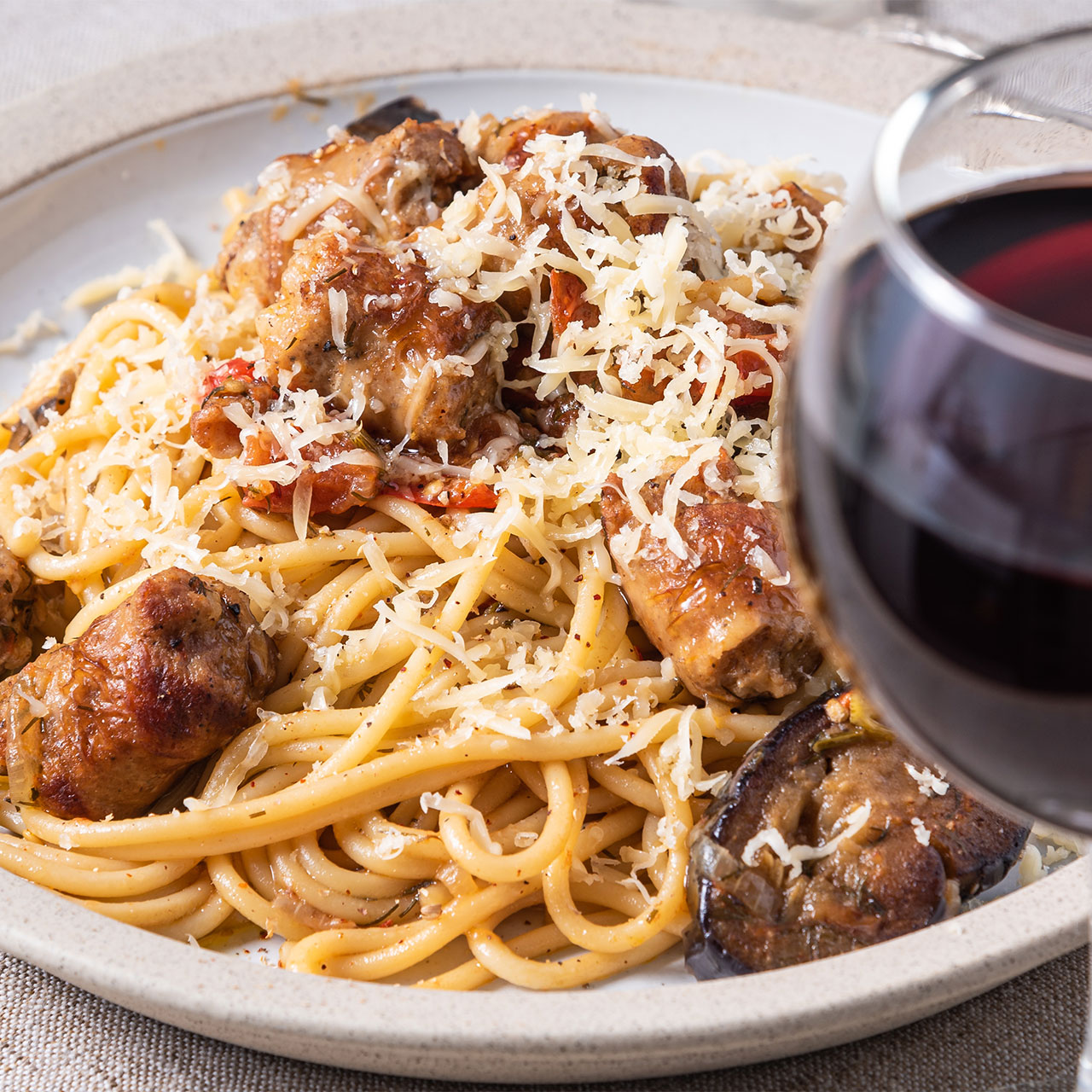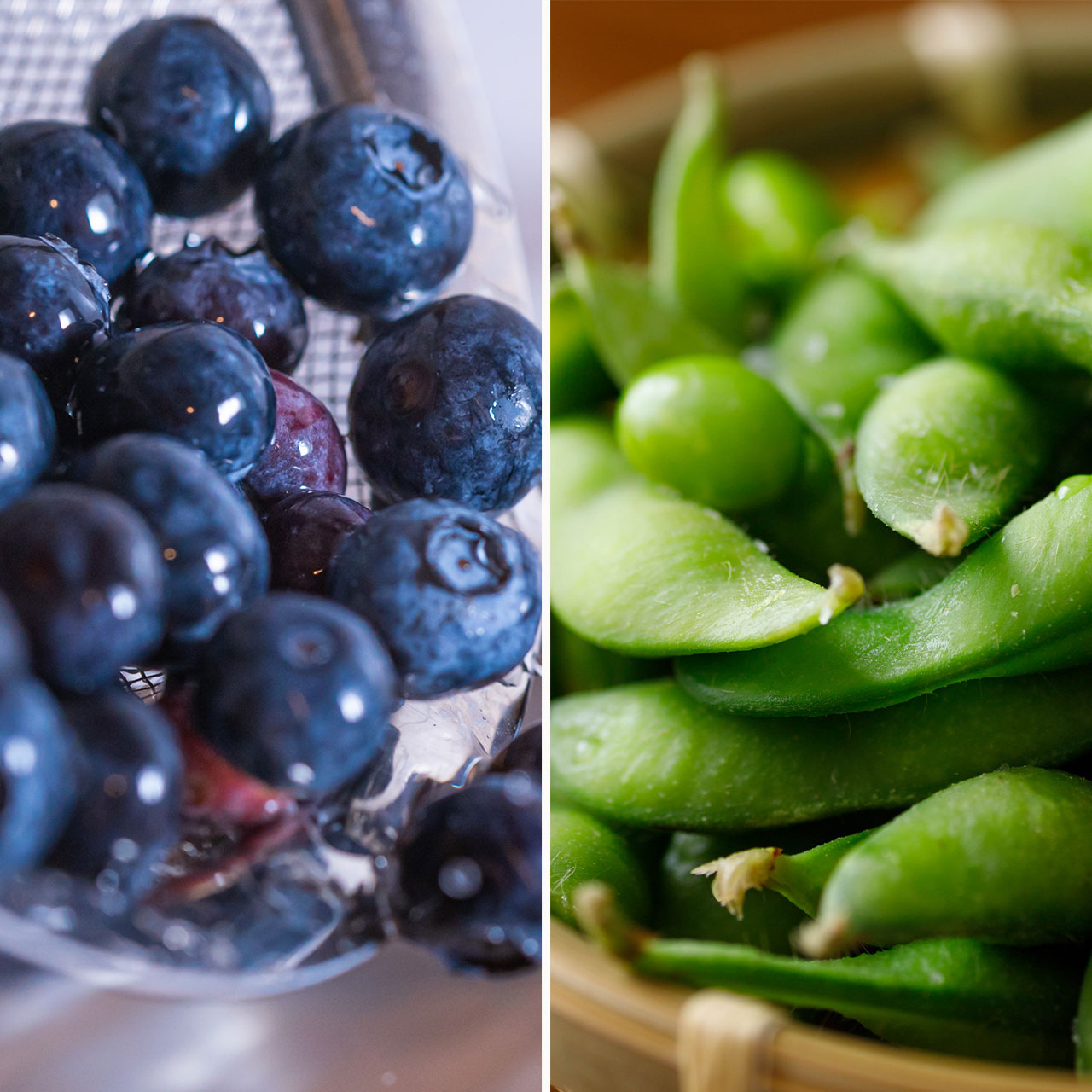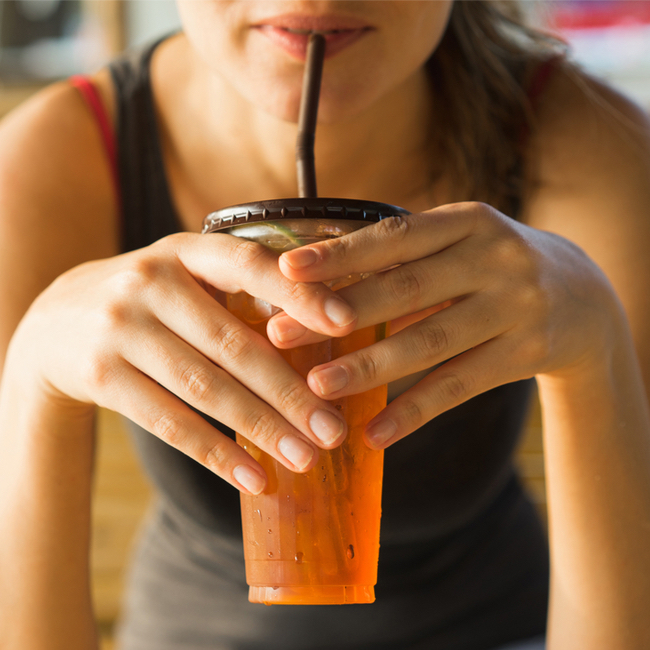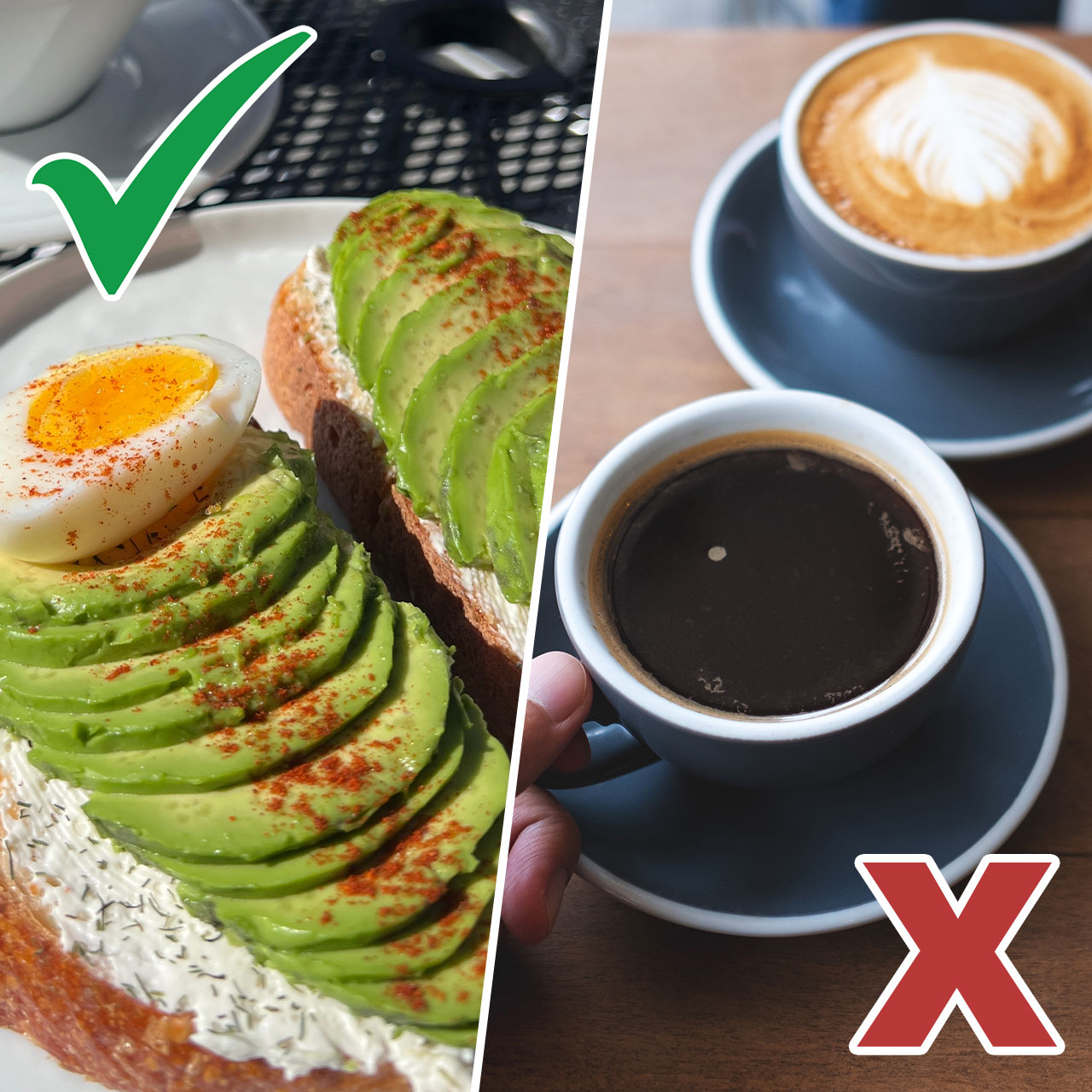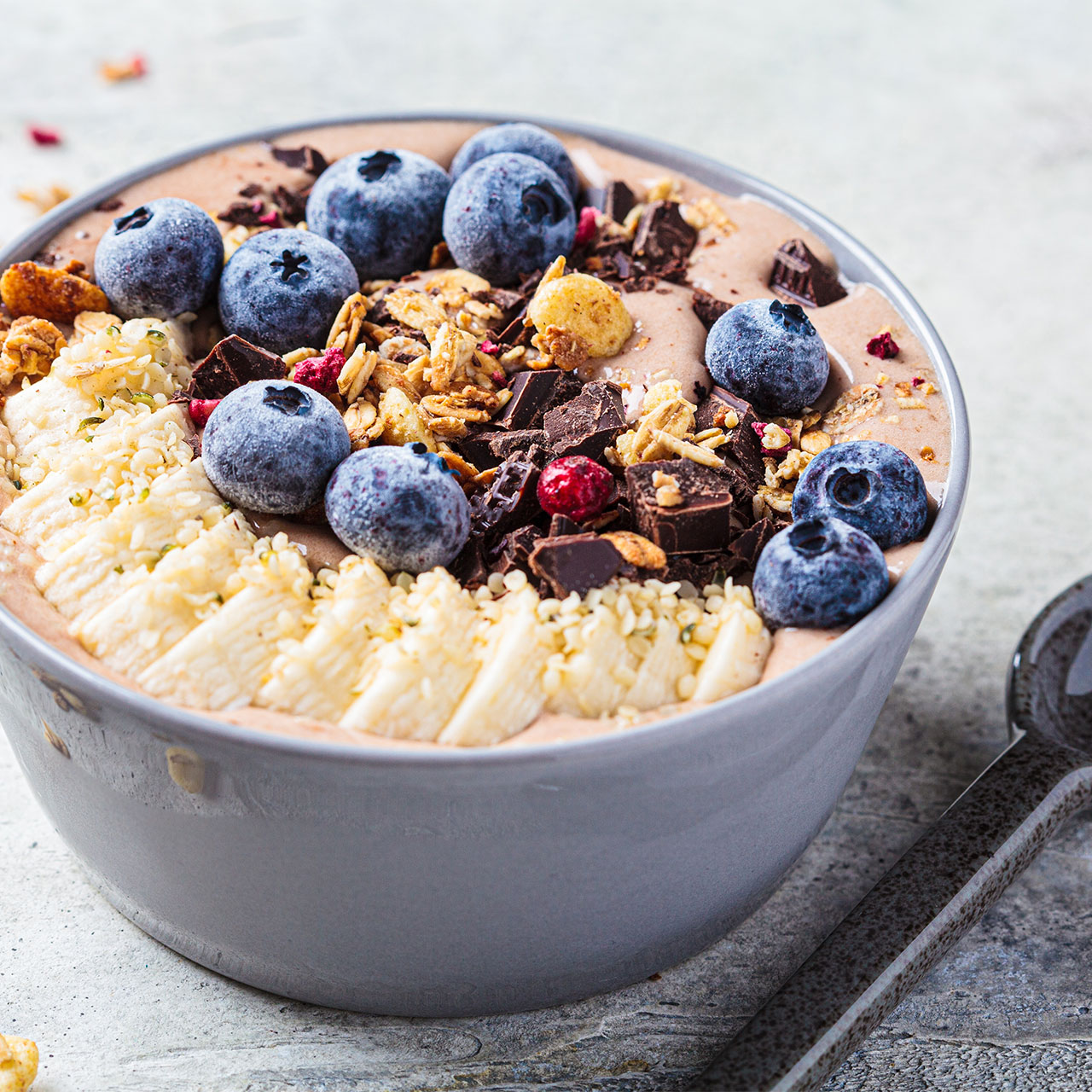This is an archived article and the information in the story may be outdated. Please check the time stamp on the story to see when it was updated last.
When it comes to weight loss, people often think of the solid foods they’re eating as the only calorie sources to consider in creating a sustainable deficit. However, liquid calories are important to be aware of as well, and certain beverages may be having a negative impact on your weight loss goals as they pack on the calories without actually keeping you full.
While no singular time of the day is more important to establish healthy habits than the others, eating and drinking nutrient dense ingredients in the evening is necessary so your body does not store extra calories as fat, streamlining your diet in order to achieve your goals. If you’ve been struggling to lose weight but are following an otherwise healthy diet, there’s one beverage you may be consuming in the evening or with your dinner which would be better left out from your eating plan in order to lose weight with ease.

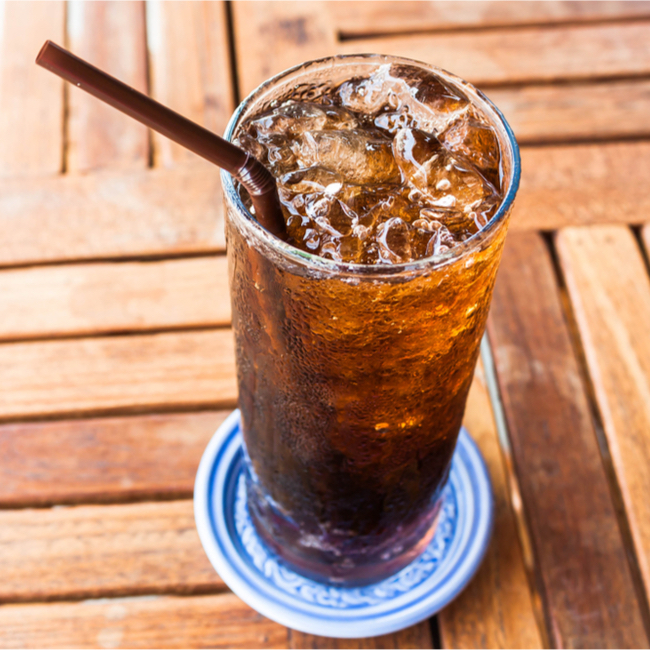
Soda
It may come as no surprise that drinking soda with your meals or in the evening could be majorly stalling your weight loss success as it is a calorically dense beverage that does little to keep you full and is often loaded with excess sugars that slow your metabolism. “It is extremely important to be mindful of what you are drinking on a regular basis because sugar and other artificial sweeteners are the main culprits that increase your number of calories in a day,” warns Amelia Brown, RD.
“Even if you are looking after your eating habits but overlooking drinking habits, it can make your weight loss more difficult. Moreover, it is much easier to overload your body with calories coming from beverages,” she adds.
Although soda is commonly regarded as unhealthy, diet soda can also slow your weight loss progress regardless of the fact that it advertises being lower in calories. This is because diet sodas are packed with artificial sweeteners which can bog down your metabolism and actually still contain sneaky calories.
“Manufacturers of diet sodas use fake sweeteners in drinks that taste less sugary to your taste buds, but they have a high-calorie content,” explains Brown. “Apart from causing weight gain, diet sodas are also responsible for several health problems.” This includes kidney disease, tooth decay, and even headaches.
If you find yourself craving a little extra flavor in your beverages in the evening, try swapping out soda for a can of seltzer which contains no added sugar but boasts slightly more flavor than water. Even adding a squeeze of lemon or other frozen fruit into your water can help to boost the taste of this plain beverage without increasing the calorie content.
You can still have the occasional can of soda with your dinner if it’s something you enjoy, and it’s important to remember that a balanced diet for weight loss is one which does not restrict you, but rather prioritizes whole, natural foods with the 80/20 rule.
However, in the long run you will be better served replacing your soda with a low-sugar drink to accompany your dinner for sustained weight loss and a lower sugar intake. This will preserve your overall wellbeing for years to come from the influx of health issues that soda can bring with it.



